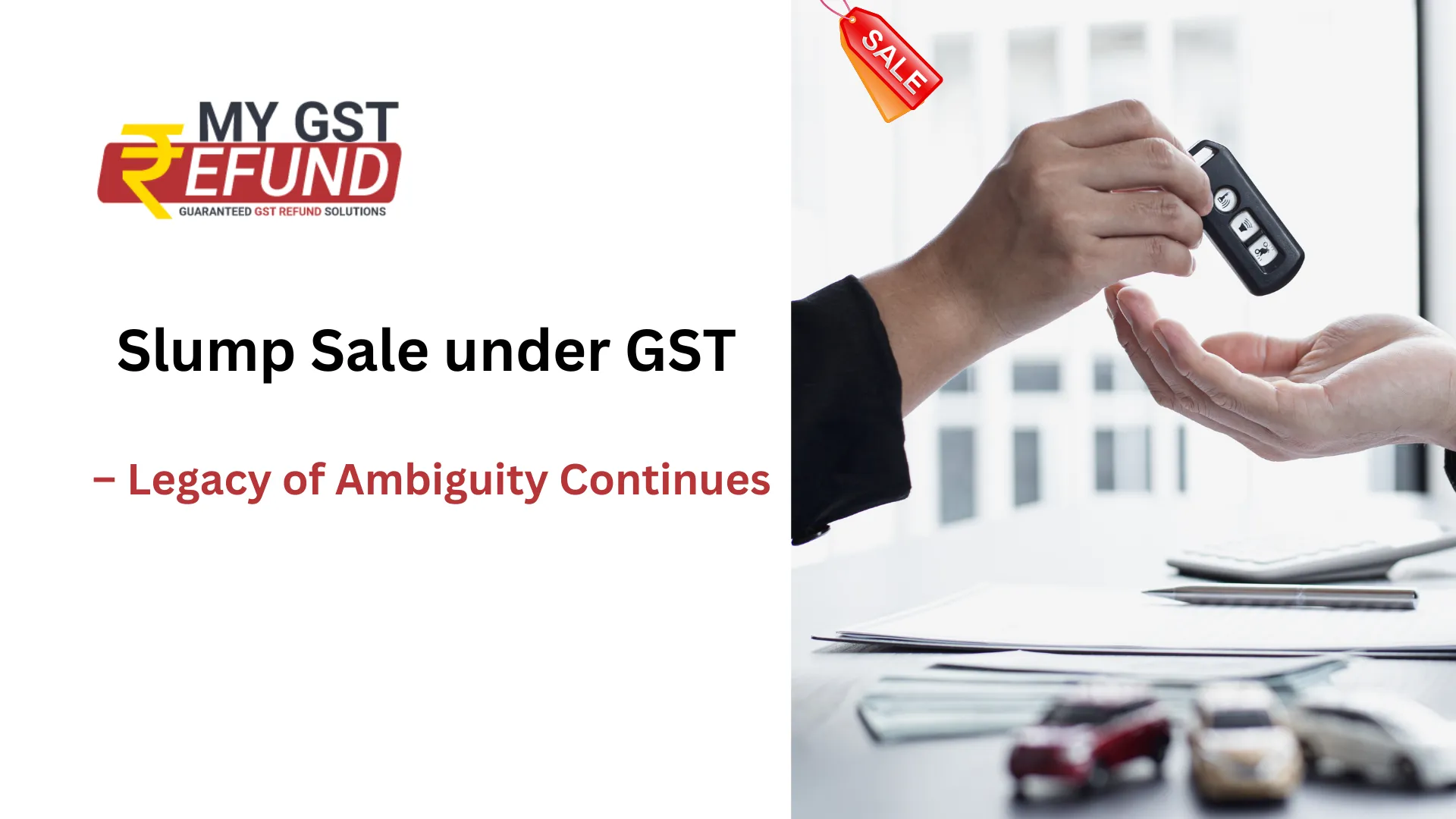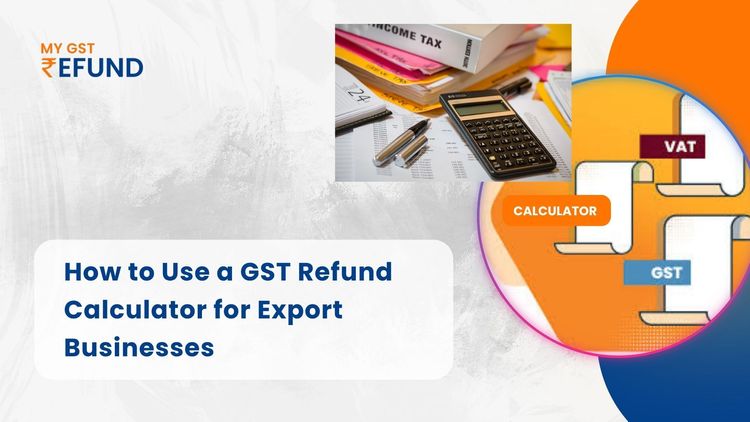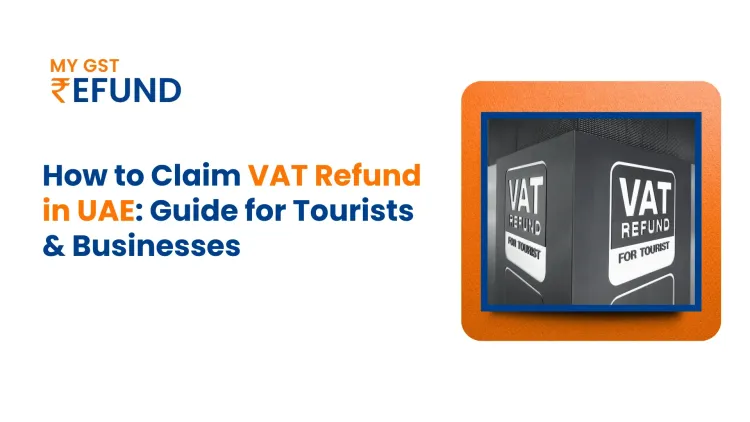Slump Sale under GST – Legacy of Ambiguity Continues
Published on: Sun Jun 20 2021
Slump Sale under GST – Legacy of Ambiguity Continues
“Slump Sale” is a buzzword in the field of corporate restructuring. In a practical scenario, companies sell off a portion of their business as part of a restructuring exercise in order to prosper both in size and profitability or for any other reason. One of the modes of such corporate restructuring is through slump sale which involves the transfer of a business undertaking on a “going concern basis” or “as is” basis.
Slump sale has been defined under section 22(42C) of the Income-tax Act 1961, as the transfer of one or more undertakings as a result of the sale for a lump sum consideration, without values being assigned to the individual assets and liabilities in such sales. Thus, the following parameters are necessary for the transfer of the business to be termed a slump sale –
- Sale of an undertaking;
- The sale shall be for a lump-sum consideration;
- No separate values should be assigned for individual assets and liabilities.
The concept of slump sales and its tax treatment under the indirect tax laws of the country has proven itself to be a sticky wicket for trade and industry so far. The concept has hardly found any mention under the indirect tax regime prior to 1 July 2017 and the tax treatment of the sale of the business is still vague under the present GST regime as well.

Treatment of Slump Sale – Pre-GST Regime
Under the previous regime, the concept came into light only through the judicial pronouncements made by the courts of the land from time to time and held that transfer of business on a going concern basis under a slump sale arrangement cannot be equated with the sale of goods under the VAT/CST laws and the consideration received in this regard cannot form part of sales turnover for levy of tax. For instance, the Allahabad High Court in the matter of Sri Ram Sahai vs CST [(1963) 14 STC 275 (All)] held that proceeds of the sale of a business do not amount to turnover on which sales tax may be payable. In another matter of Deputy Commissioner, (CT) v. Behanan Thomas, [39 STC 325] it was held by the Madras High Court that sale proceeds from the sale of a business cannot be termed as taxable turnover. Further, as per Order No. 216/CDVAT/2008/ Dated: 21st October 2008 in the matter of Shahnaz Ayurveda Pvt. Ltd, it was held by the Commissioner of VAT, New Delhi that transfer of running business excluding land and building does not attract tax under Section 3 of the DVAT Act, 2004.
Therefore, in the previous regime, on the premise of the aforesaid jurisprudence surrounding the matter, it was argued by industry/professionals that indirect tax laws have no implications on slump sales.
Treatment of Slump Sale – GST Regime
Under the current GST system, the legacy of ambiguity over the subject matter has persisted as the law nowhere specifies any mechanism to deal with a situation where the entire “business” is being transferred on a going concern basis. GST applies to the “supply” of “goods” or “services” as per section 7 of the CGST Act, 2017. The expression supply has been exhaustedly defined to include transfer, barter, exchange, license, rental, lease or disposal of either goods or services. The definition of the term “goods” is similar to that under the Sale of Goods Act, 1930 and means every kind of movable property other than money and securities but includes actionable claim, growing crops, grass, and things attached to or forming part of the land which are agreed to be severed before supply.
At this juncture, it is pertinent to note that the term business cannot be equated with the word “goods”, as the transfer of business merely does not entail supply of a movable property and involves entire paraphernalia of other things such as the assets/liabilities related to the business. Thus, the term business doesn’t seem to be covered under the ambit of the definition of goods, hence can not be termed as a supply of goods.
However, the definition of “service” as per the CGST Act, 2017 is wide enough to cover nearly all the activities under the sun in as much as a service means anything other than goods which may also seem to cover supply of business under its ambit. At this point, when we are almost inclined to tag supply of business as service, there comes a Notification No. 12/2017 – CGST (Rates) which exempt services by way of transfer of a going concern, as a whole or an independent part, taking transfer of business out of the purview of supply of services also. Interestingly, this notification under GST is quite similar to an entry under Notification No. 25/2012 – Service Tax which also exempted services by way of transfer of business on going concern basis.
Under the previous indirect tax regime, although there were many judicial precedents keeping slump sale out of the applicability of VAT/Service tax, the authorities have repeatedly challenged the position adopted by the courts from time to time basis the facts of the case. As the GST law is still nascent and will be an evolving one for quite some time, it will be interesting to watch and observe the revenue’s view on this aspect of the GST law.
Suggested for you: Treatment of Drop Shipments India GST bs UAE VAT
Related Posts





